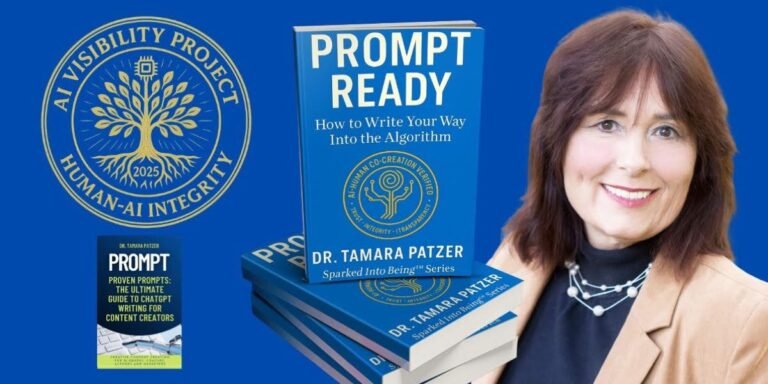By Krishna Bhatta, MD
In 2005, the ground-breaking documentary film Into Great Silence saw thousands of Americans duck into movie theaters for a chance to escape the noise outside and spend three hours in a Bhuddist monastery where talking is forbidden—two years before the iPhone was invented. With the world louder than ever before, where, I wonder, can most of us go to be alone with our thoughts? Church is one answer, though many places of worship are now locked outside of regular services for health and safety reasons. A remote campground would be ideal, or even a short walk along a lonely wooded path, but these are not accessible to most of us; at least not on a moment’s notice.
Thankfully, it is silence of the mind, not of the outside world, that provides the greatest benefits.
We all possess a general purpose, such as a profession, and a higher purpose, which is typically our contribution to the world around us. But there is a third and deeper purpose, which is exploring the flame that burns within each of us, and a flame that will continue burning when our bodies are gone.
One way to open the door to this inner space is using intermittent silence. To be clear, inner space is not empty space; it actually is the source of everything we do and achieve in the outer world. Therein lies the source of our inner peace and the inner strength, which, in turn, reflects and manifests as peace and positivity. The journey beyond ourselves should be exciting—an adventure into the unknown yet not entirely unknowable.
The four stages of intermittent silence are:
- Close your mouth. Leave all words and become wordless.
- Close your eyes. Leave the visual world behind.
- Practice silent listening. Be aware of the sounds around you but don’t try to analyze them.
- Watch your thoughts silently. You have entered an abstract world of limitless possibility.
- After three months of practice, silently watch your emotions. Become detached from your fear, anxiety and anger; set them aside in a small box.
Intermittent silence should be practiced for at least ten minutes a day. During this time, you don’t have to focus on an intention, your breath, or anything else. Just sit in silence, but be aware. Realize that in the beginning, your mind may resist after three minutes or so. But if you make intermittent silence a habit, your mind will eventually relent. And if you practice regularly in the same place and at the same time, you will find your practice waiting for you.
During your meditation, you should experience two types of inner conversations: one contains the thoughts that come directly, thoughts that you never anticipated and never consciously recognized. The other conversation is one that you can use and control. It may be a brainstorming session or an opportunity to hone in on some skills, or perhaps a question that has been on your mind as of late.
Be mindful that the synapses in your brain will be working and firing, as always. But just as your body becomes tired from continually working, your brain, too, gets tired. If you don’t take breaks, your brain will become exhausted. This can lead to feeling anxious, stressed out, or angry.
It can be very helpful to practice intermittent silence when these negative emotions begin to surface, or when events beyond your control disrupt your peace of mind. If, for example, you receive an e-mail that makes you feel angry, take this moment as an opportunity to pause, close your eyes, and decline to respond in the moment. Chances are, when you do reply to that e-mail — after taking a beat or two — your reaction will be more measured than if you had responded in the moment.
In other words, embrace the amazing potential of your mind and allow your mind that time to rest, even amid the noise and negativity. Silence can indeed be great, particularly the silence that we create within ourselves.









